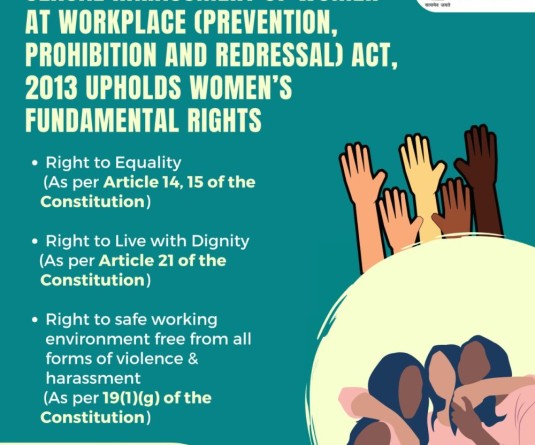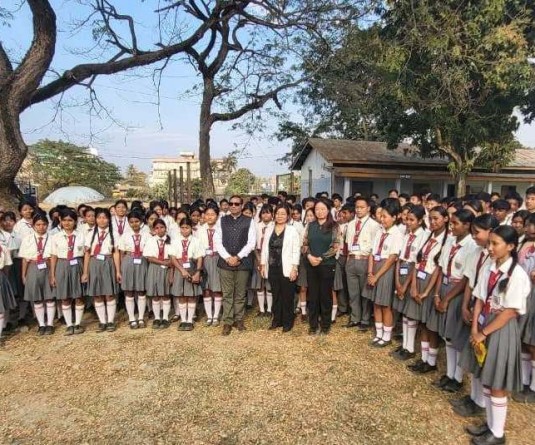Some of the team members that are involved in the initiative to organize waste management at The Naga Heritage Village, Kisama during the ongoing Hornbill Festival. (Morung Photo)

Morung Express News
Kohima | December 6
A group of young innovators is making significant impact at the ongoing 25th edition of the Hornbill Festival by introducing an organized waste management at The Naga Heritage Village, Kisama.
With a shared vision for a cleaner and more sustainable future, these young people have taken up the herculean task of waste management despite many challenges through teamwork and determination.
This initiative is driven by collaboration between Human Matrix Securite, Green Guard and ZübZüb India aiming to address waste challenges effectively while promoting eco-friendly practices at Kisama.
Speaking to The Morung Express, Founder of the Green Guard, Khriemelie Metha said, the idea to sustainability waste management was conceptualised during a discussion with the founder of Human Matrix Securite, Captain Sunpreet Singh, an Indian Army veteran realising the fact that waste management at the festival lacked a streamlined approach.
Subsequently, when the idea was presented to the Chief Minister, he supported the vision of making Kisama a sustainable and environmentally friendly hub for the festival, said Metha. Despite being approved just a week before the festival, he said the project took off with the help and support individuals and departments who have the same passion.
He informed that, it partnered with Pelenuo from ZübZüb India, whose expertise in waste segregation and management became invaluable, while Green Guard provided the operational and Human Matrix Securite handled the awareness and education for vendors and tourists towards ensuring proper waste segregation at source.
With 75 people, the process involved collecting waste from morungs and stalls, moving it to transfer station and then transport it to the Material Recover Facility (MRF) for detailed segregation, he informed.
During the segregation at MRF, the wet waste are sent to a nearby composting site, dry waste categorized into recyclables (plastic, glass, cardboard, etc), and inert waste handled by the Kohima Municipal Council (KMC).
Metha said, it has also partnered with a water bottle manufacturers’ federation to ensure that plastic bottles were directly recycled, while scrap dealers collected other materials for resale.
The challenges
While admitting it as a herculean task, Metha described his team as ‘true heroes’ and said, wet waste (food waste) remains the largest and most challenging category (segregation and transporting) due to rotting and unpleasant odors.
“We segregate by hand, but we can’t pick up all the food, then it starts rotting and the stench becomes unbearable for our team down at the segregation” said Metha adding that mixing all the waste in one bin becomes one big challenge for the team.
However, despite initial struggle in the first two days with unsegregated waste from the source, he said, things are getting better each day with cooperation from the morungs, stalls and visitors as well in the following days.
Message for visitors
Stating that managing waste effectively requires collective effort, Metha pointed out that while a small team is working hard to handle waste for thousands of visitors, it would be much easier if everyone contributed.
“Even a little effort in segregating waste can have a significant impact. Hornbill is a mirror of Nagaland’s culture. Start it here and let it trickle down to everywhere else” stated Metha.






